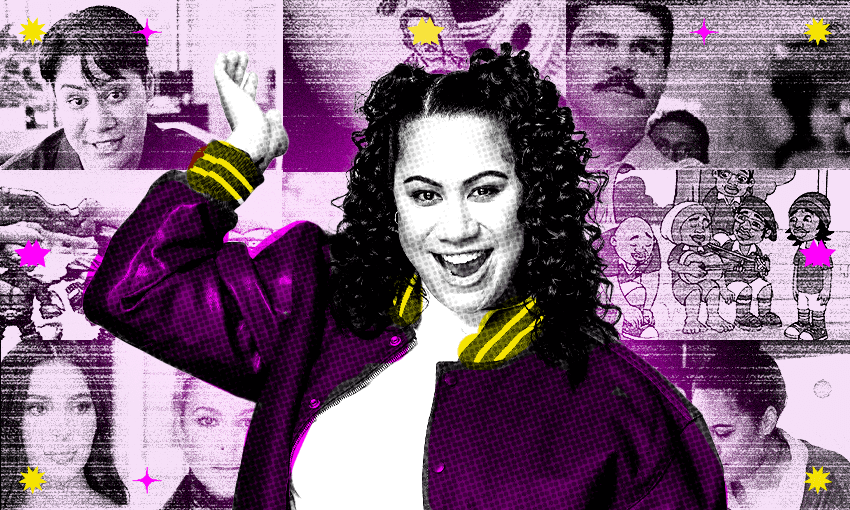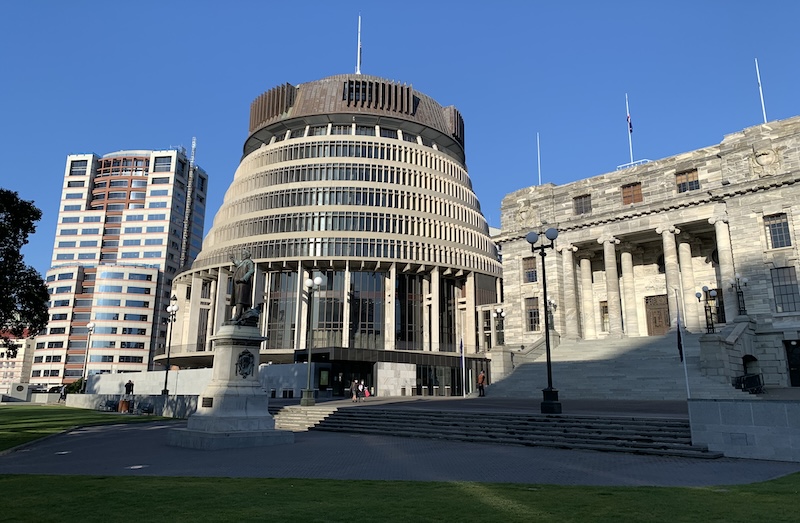Stuff
The inaugural Māori Language Honours – Ngā Kākā Kura o te Reo Māori – were held in Auckland on Friday night.
Pioneers in the te reo Māori revitalisation movement have been recognised for their contributions at a special event in Tāmaki Makaurau.
Read this story in te reo Māori and English here. / Pānuitia tēnei i te reo Māori me te reo Pākehā ki konei.
The inaugural Māori Language Honours – Ngā Kākā Kura o te Reo Māori was co-hosted by Te Taura Whiri i te Reo Māori and Te Mātāwai at the Cordis hotel in Auckland on Friday night.
“It’s wonderful to be here acknowledging those language activists who laid the foundations for the revitalisation of te reo Māori,” said Te Taura Whiri i te Reo Māori chief executive Ngāhiwi Apanui in a statement.
Among those honoured were groups includingNgā Tamatoa and Te Reo Māori Society who helped spearhead the 1972 Māori Language Petition.
READ MORE:
* He hoa haere mōu, e tama: Ā Tom Roa kōrero mō te oranga tonutanga o te reo Māori
* Tērā tētahi wā i tata hoepapatia te reo Māori i Aotearoa
* How about a mihimihi, introducing yourself, in te reo Māori?
The petition called for the introduction of te reo Māori in schools and received more than 30,000 signatures in support.
The Kōhanga Reo movement which marked its 40th anniversary this year, Te Matatini, celebrating its 50th anniversary this year, radio station Te Reo Irirangi o Te Ūpoko o Te Ika, and Ngā Kaiwhakapūmau i te Reo for its contribution to official recognition of Māori language were among those singled out for recognition.
supplied
“We believe that te reo Māori is New Zealand’s language and a language for all New Zealanders,” says Ngahiwi Apanui, Te Taura Whiri i Te Reo – Maori Language Commission tumuaki.
“We believe that te reo Māori is New Zealand’s language and a language for all New Zealanders,” said Apanui.
“The achievements over the last 50 years give us hope of achieving the goal of 1 million speakers of te reo Māori by 2040.”
Esther Jessop (QSM) was individually recognised for her contribution to Ngāti Rānana, also known as the London Māori Club.
While it was a night for celebration, Te Mātāwai chief executive Professor Poia Rewi cautioned there was still more work to be done.
David White / Stuff
On September 14, 1972, Rawiri Paratene was among the group that presented the Māori language petition to Parliament. The petition became the starting point for a significant revitalisation of te reo. (First published September 9, 2022.)
“The success of the Māori language revitalisation movement hinges on the continuing goodwill of many people volunteering their time, energy, and expertise.
“While community leaders and Māori language proponents are certainly adept at creating conditions for language acquisition despite scant resourcing, we must be acutely aware of the limits to this energy.”

















%20(2)%20(1).jpg)


Discussion about this post